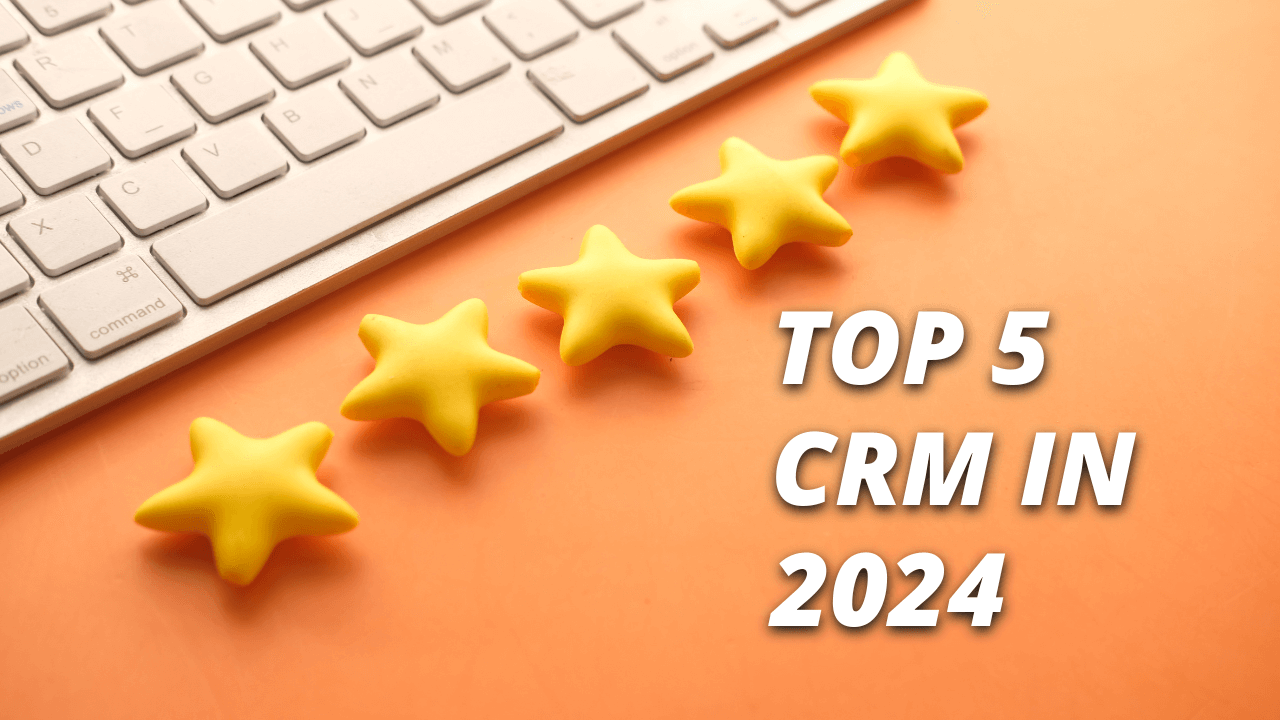Customer relationship management (CRM) software is a crucial tool for small businesses. It helps you manage your customer interactions, track leads, and close deals. With so many CRM options on the market, it can be tough to choose the right one for your business.
Here are the top 5 CRM software for small business owners in 2024:
1. HubSpot CRM
HubSpot CRM is a free and easy-to-use CRM that’s perfect for small businesses. It offers a variety of features, including contact management, lead tracking, deal management, and reporting. HubSpot CRM also integrates with a variety of other business tools, making it a great choice for businesses that want to keep their data in one place.
2. Salesforce Essentials
Salesforce Essentials is a powerful CRM that’s designed for growing businesses. It offers a wide range of features, including contact management, lead tracking, deal management, opportunity management, and customer service. Salesforce Essentials is also highly customizable, so you can tailor it to the specific needs of your business.
3. Freshsales
Freshsales is a cloud-based CRM that’s known for its ease of use and affordability. It offers a variety of features, including contact management, lead tracking, deal management, email marketing, and customer support. FreshSales also integrates with a variety of other business tools, making it a great choice for businesses that want to keep their data in one place.
4. Zoho CRM
Zoho CRM is a popular CRM that’s used by businesses of all sizes. It offers a wide range of features, including contact management, lead tracking, deal management, project management, and inventory management. Zoho CRM is also very affordable, making it a great choice for small businesses.
5. Pipedrive
Pipedrive is a visual CRM that’s designed to help you focus on closing deals. It offers a simple and intuitive interface that makes it easy to track your sales pipeline. Pipedrive is also very affordable, making it a great choice for small businesses.
Choosing the right CRM for your small business
The best CRM for your small business will depend on your specific needs and budget. Here are a few things to consider when making your decision:
- Your budget: CRMs can range in price from free to hundreds of dollars per month.
- The size of your business: Some CRMs are better suited for small businesses, while others are designed for larger companies.
- Your industry: Some CRMs are designed for specific industries, such as real estate or healthcare.
- The features you need: Make sure the CRM you choose has the features you need, such as contact management, lead tracking, and deal management.
Once you’ve considered these factors, you can start researching different CRMs. Read reviews, compare features, and sign up for free trials to find the CRM that’s right for you.
I hope this blog post has helped you learn more about the top 5 CRM software for small business owners in 2024. With so many great options on the market, you’re sure to find the perfect CRM to help your business grow.
Additional tips for using CRM software
- Get your team on board: Make sure everyone in your team is using the CRM and understands how to use it.
- Keep your data clean: Regularly update your contact information and make sure your data is accurate.
- Use reports to track your progress: Use the CRM’s reporting tools to track your sales pipeline and see how your team is performing.
By following these tips, you can get the most out of your CRM software and help your small business succeed.
Read more.:
Enterprise Resource Planning: The Key to Business Success (techmoodly.com)
5 Reasons Why Management Information System is Important. (techmoodly.com)
